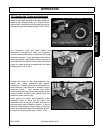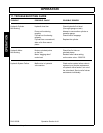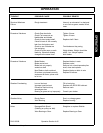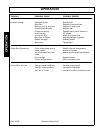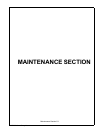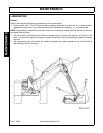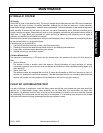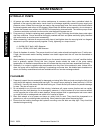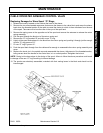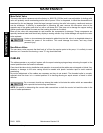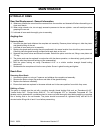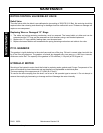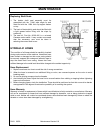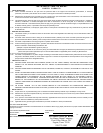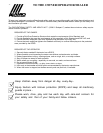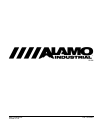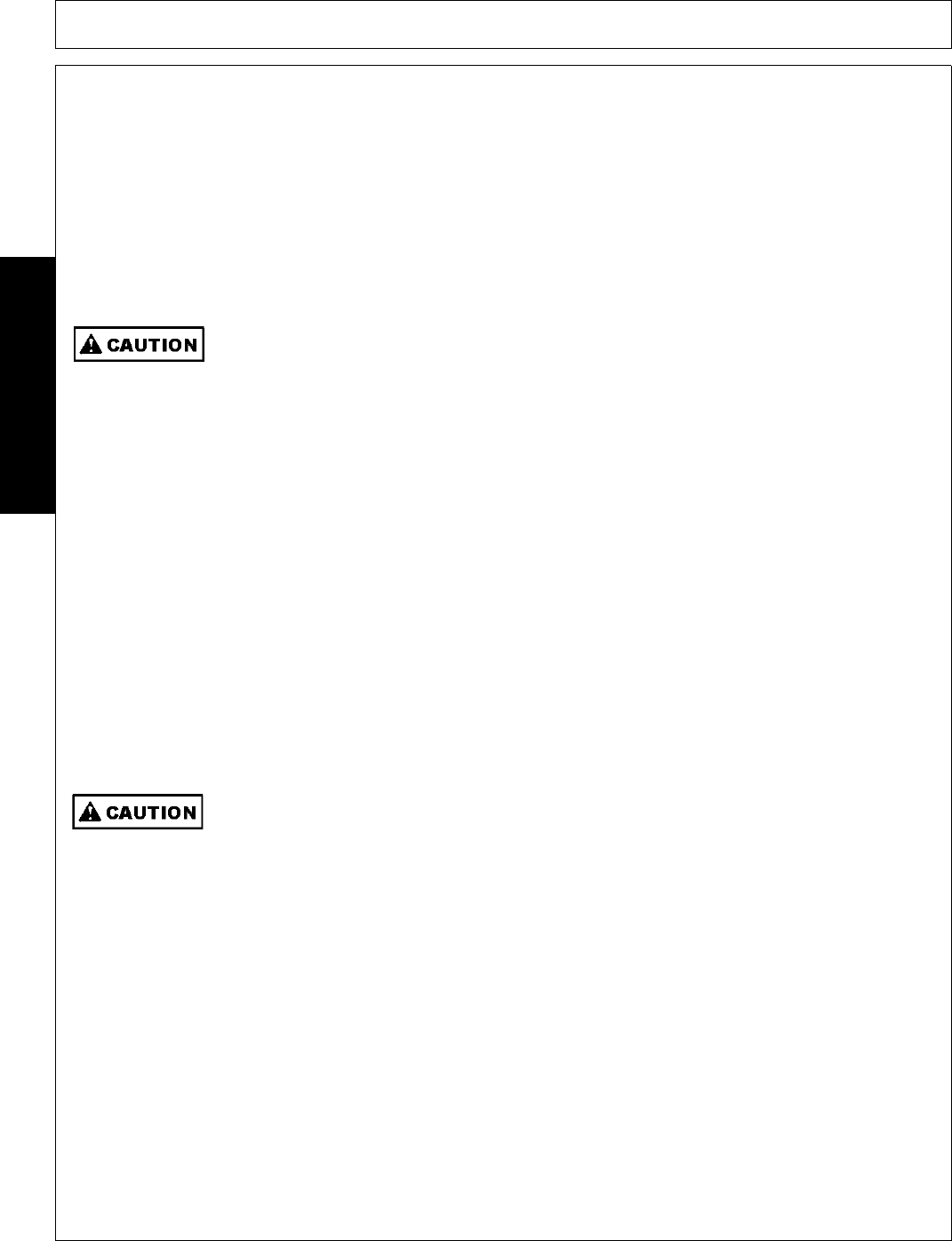
MAINTENANCE
PA91 03/09 Maintenance Section 5-6
© 2009 Alamo Group Inc.
MAINTENANCE
Main Relief Valve
The main relief valve is pressure set at the factory to 1800 PSI (125 Bar) and is non-adjustable. A sticking relief
valve will probably cause overheating and/or loss of power. If this is suspected, it should be dismantled and
examined for dirt and damage. Undo the large hexagon housing, the relief valve spring, needle and seat can
now be withdrawn. If difficulty is experienced in extracting the seat, remove the non-return valve at the
opposite end of the gallery and drive out with a soft brass drift. Take care not to damage the copper sealing
washer positioned between the seat and the locating shoulder on the block.
Blow out the valve with compressed air and examine the components for damage. These components are
specially hardened steel and should only display a seating witness. Any further damage will require the valve
to be replaced.
Under no circumstances be tempted to add shims into this valve in a misguided attempt to
increase the power of the machine. This could damage the tractor, and may cause
personal injury.
Non-Return Valve
The non-return valve prevents the feed back of oil from the service ports to the pump. It is unlikely to need
attention, but if removed for cleaning, a new “O” ring should be fitted.
CABLES
The cables operate on a push/pull system with the spool centering springs always returning the spool to the
neutral position when the handle is released.
Care should be taken during installation and operation to ensure that the cables are not trapped or kinked. Any
abrasion or damage to the outer casing should be sealed with plastic insulation tape to avoid moisture
penetrating.
No routine adjustment of the cables are necessary as they do not stretch. The threaded collar is correctly
adjusted when the lever is in a vertical position in its housing allowing an equal amount of travel in either
direction.
On no account should any attempt be made to lubricate the cables which are assembled
with a special lubricant during manufacture.
NOTE: Be careful in determining the correct cable connections on both the control unit and the valve in the
event of cable replacement.



